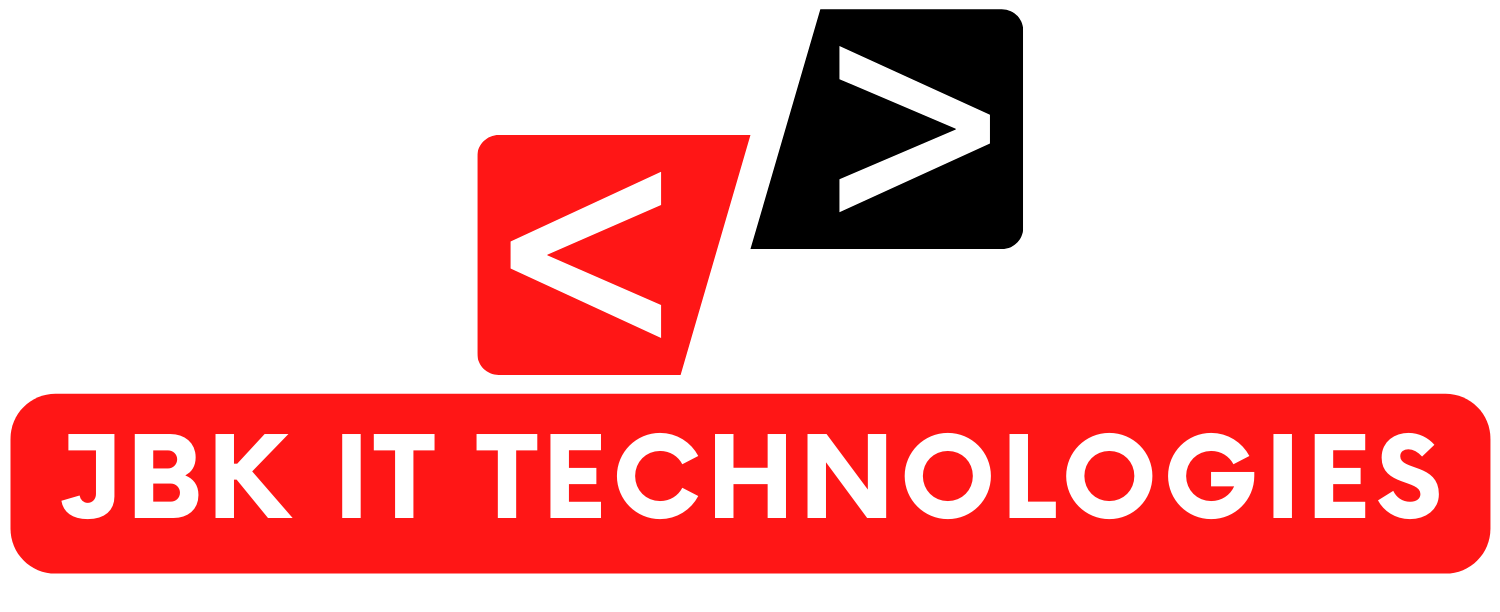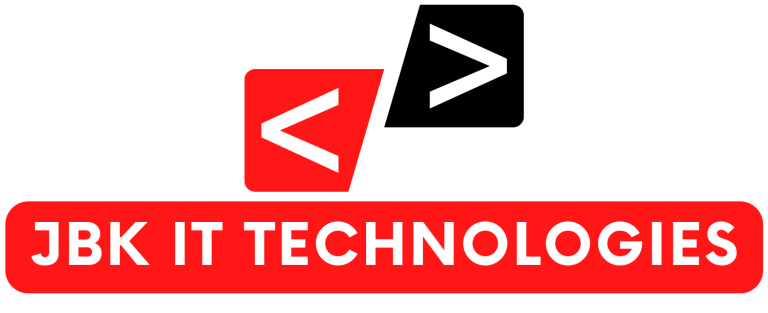A typical C++ training module might cover the following topics:
- Introduction to C++:
- History and features of C++
- Setting up a development environment
- Basic Concepts:
- Variables, data types, and operators
- Control structures: if, switch, loops
- Functions and scope
- Object-Oriented Programming (OOP):
- Classes and objects
- Encapsulation, inheritance, and polymorphism
- Constructors and destructors
- Memory Management:
- Pointers and references
- Dynamic memory allocation (new and delete)
- STL (Standard Template Library):
- Containers (vector, list, map, etc.)
- Algorithms (sorting, searching, etc.)
- Iterators
- File Handling:
- Input and output streams
- Reading and writing files
- Advanced Topics:
- Templates and generic programming
- Exception handling
- Multi-threading and concurrency
- Best Practices:
- Coding conventions and style
- Debugging techniques
- Performance optimization
- Projects and Practical Exercises:
- Developing small applications using C++
- Problem-solving exercises
Remember that the specific content of the training module can vary based on the training provider’s curriculum and the intended audience (beginners, intermediate, advanced). If you’re interested in the C++ training module offered by JBK IT Technologies, I recommend reaching out to them directly to get detailed information about the curriculum, schedule, and any other specifics you might need.

